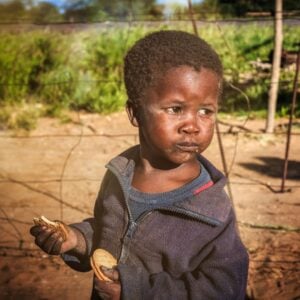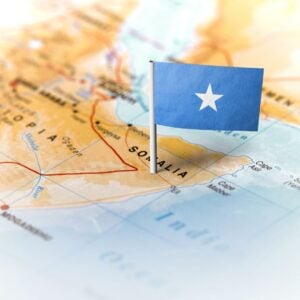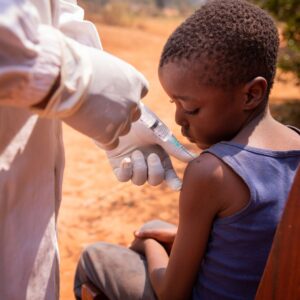An alarming 3.3 million children in Haiti now require humanitarian assistance, marking the highest number on record, with rising cases of acute malnutrition, child recruitment, gender-based violence, and other violations of children’s rights. UNICEF chief Catherine Russell highlighted that each instance of displacement robs children not only of their homes but also of safety, education, and the chance to simply be children.
Decades of compounded crises—including deadly earthquakes, political instability, and economic collapse—have created one of the world’s most complex humanitarian emergencies. Armed gangs now control over 85 percent of Port-au-Prince and key roads, cutting families off from food, healthcare, and protection, forcing large-scale displacement. An estimated 2.7 million people, including 1.6 million women and children, are living under the control of armed groups, with the number of refuge sites rising to 246 nationwide in the first half of 2025 alone.
Education has also been severely disrupted as classrooms in Port-au-Prince and surrounding areas are increasingly targeted or occupied by gangs. More than 1,600 schools have closed and 25 have been taken over, depriving thousands of students of learning opportunities. Additionally, the high cost of education limits access further, as only 15 to 20 percent of schools are public, and families must still pay for textbooks and uniforms.
UNICEF has treated over 86,000 children for life-threatening wasting, provided healthcare to 117,000 people, and delivered safe water to 140,000 individuals. However, the agency’s efforts remain severely underfunded, and without immediate resources, critical programmes could be drastically constrained. Ms. Russell emphasized that urgent action is needed to ensure that Haiti’s children can be safe, healthy, and able to live in peace.







